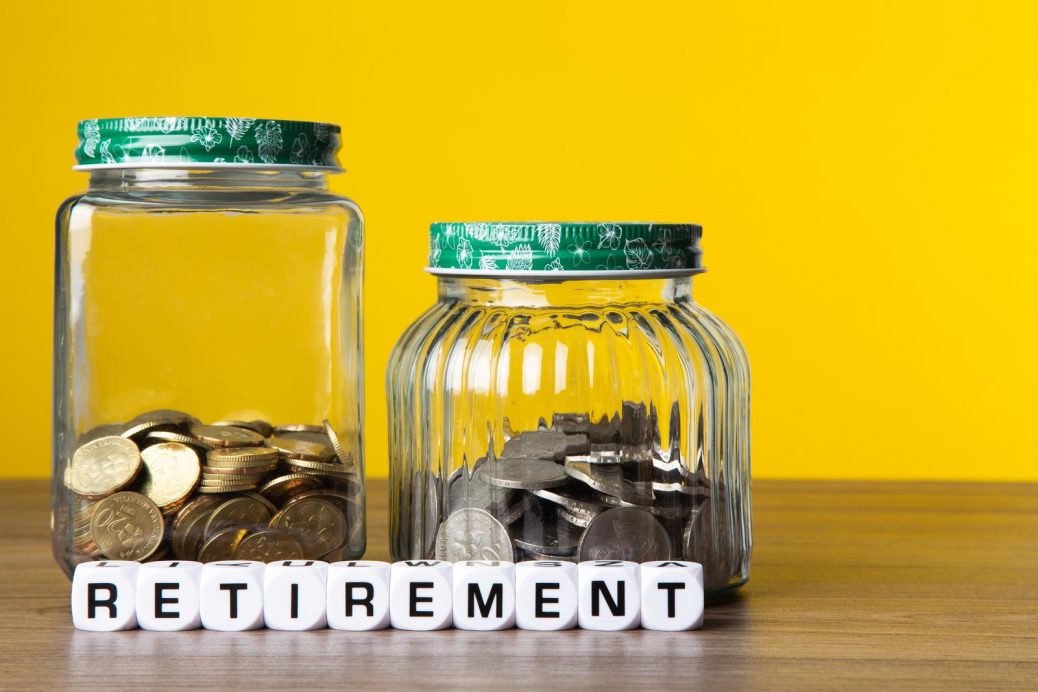Whether you are currently in retirement or preparing for your retirement, the chances are you will be thinking about how best to organise your finances.
If you have been able to save enough money to comfortably cover all of your expenditures in your golden years, then you are all set. But if not, you are probably considering ways to make yourself better off.
In recent times, an increasing number of people have started to tap into the potential that using the equity in their homes can bring to fund their happy retirement. If this is something you have not previously thought of, here are 12 ways you can do this to your advantage.
What is home equity?
Before outlining these advantages, it is worth going over what exactly home equity is.
Essentially, home equity is the difference between what your home is worth and how much you have left on your mortgage. For instance, if your home is worth $500k and you have $100k left to repay on your mortgage, your total equity is $400k.
It is important to note that you might not be able to borrow this full amount from a bank, depending on the lender’s policies. However, this is the maximum amount you could borrow at the current market price of your property.
In addition, if you are to use your home equity, you will, of course, need to be able to pay it back. So, it is worth having a plan of action for how you would do that.
If you are interested in tapping into your home equity, it is worth talking to a mortgage broker. For instance, one of the best Sydney mortgage brokers is Get a Better Rate.
That said, there are several other operators around, so it is worth doing your research to find the best one for your circumstance.
Smart ways to use your home equity
Now that you are aware what home equity is, here are 12 ways you might want to utilise it.
1. Emergency buffer
Life can be unpredictable, and you never know what it might throw at you. For this reason, it is a good idea to have some emergency financial buffers in place.
Most financial experts suggest that you should have anywhere between 3 months and year of living expenses covered in an emergency fund. This would reduce the financial implications of unforeseen circumstances like emergency home repairs, medical emergencies or sudden unemployment.
You should of course try to save for these buffers outside of accessing your equity, but if you are looking for peace of mind, using it to set up emergency funds for things like your mortgage, utilities and groceries can be a prudent move.
2. Consolidate debt
According to research by the consumer specialists, Finder, the average Australian carries a personal debt of over $20,000. (As a country that is $70 billion overall). Much of which is from balances owed on a credit card.
If you find yourself in this situation and are struggling to pay your debt off, you can eradicate it by tapping into your equity. The average credit card interest rate is around 18%, which is much higher than you would be paying on your mortgage.
In addition, credit cards often have annual fees associated with them. So, once you have reduced the balance to zero, you can go a significant way towards reducing your monthly expenses, particularly if you close yours down.
3. Top up your superannuation
If you have not been able to save as much money as you would like for your retirement, it might be a good idea to give your savings a boost.
Everyone in Australia is entitled to make personal contributions of up to $27,500 every year, tax free. Therefore, if you cash in on some of your equity and put it away in a high-interest account where you can transfer that sum on an annual basis, you could find yourself with a tidy sum come the day you finally retire.
This tactic might not be appropriate for those who are already retired, unless they have an income stream that will enable them to pay off the extra mortgage payments. However, if you still have a few years before you finish work for good, then you might find this tactic beneficial.
4. Buy an investment property
When you do retire, it would be good to be able to draw upon a steady income stream to top up your savings. One good way to do this is to buy an investment property that will enable you to offer it as a rental.
Using the equity in your current home can help you to purchase somewhere. Moreover, if you are savvy enough, the rent you charge for this property can cover the cost of running it, as well as the extra payments you will need to make on your mortgage until you pay it off.
However, before committing to this financial outlay, it is important to familiarise yourself with the requirements of being a landlord. It can potentially take up a lot of your effort and time, though the capital gains over time might make it worth it.
5. Investment opportunities
If you don’t want to invest in property, you may want to use your equity for other investment opportunities. This can include stocks, shares, ETFs or other assets like gold.
Should you do this you will need to be aware of the risks involved as there is a possibility you could lose all your money. That said, if you plan to invest for a significant period of time, it could be a lucrative exercise that offers a high ROI.
6. Plan for long-term care
When planning for your retirement the focus is often on money. However, it is important to consider your health as well.
Despite how healthy we might feel now, we never know what medical conditions we might be afflicted with later. Moreover, as the average life expectancy (currently 83.20 years) is constantly on the rise, it might be a good idea to plan for your own long-term aged care, should you ever need it.
Again, peace of mind might be the key driver here, especially if you don’t have any dependents. But, if you are worried about your ability to look after yourself when you get to an old age, this might be worth doing.
7. Home Renovations
One of the most common reasons to tap into your home equity is to make renovations to your property. Not only does this make it more desirable and functional, but it can also add significant value to it, particularly if you are planning on doing large scale projects such as adding extra rooms or modernising a kitchen.
The great thing about doing this is that the investment often pays for itself multi-fold. Therefore, when you do decide to sell, you can end up making a tidy profit.
8. Launch a business
For those wanting to grow their own businesses, using their home equity can be a good way to generate extra capital. It can also save them a bit of money in interest over what they would otherwise have to pay for a business loan.
However, remortgaging your home to fund the growth of your company is a huge risk, as there is no guarantee that you will see a positive return on your investment. Therefore, you should only put your home on the line if the odds of success are very favourable to you – which should be determined by carefully running the numbers.
9. Fund Higher Education
The cost of studying for a bachelor’s degree at an Australian university is between $20,000 and $45,000. However, many people see education as an investment, which might bear fruit financially in the future in terms of higher wages.
Hence, whether it is for your own, your children’s or another family member, this is another common reason to tap into the equity of your home.
10. Pay for a Wedding
According to a study by Easy Weddings, the average cost of a wedding in Australia in 2023 was a whopping $34,715.
For some couples, or parents of couples getting married, it might make sense to draw upon the equity in their home, as opposed to taking out a personal loan at a higher rate of interest.
While you will want your (or their) day to be as special as it can be, you should be mindful of funding too extravagant a celebration through your property. Doing so can result in repaying the loan for many years after the wedding, if you don’t have a robust plan to repay the equity loan quickly.
11. Travel
The period between when you leave school or university and when you finally retire can be as long as 50 years. So, it is understandable that you might want to take a career break and travel at some point.
Regardless of whether you are going to Kenya or the Kimberley’s, the cost of travelling around can be very expensive, so to fund it you might want to access some of the equity of your home for a round-the-world trip.
Undoubtedly the memories you make while you are away will last forever. Just be mindful that the length you are in debt for it does not follow suit.
12. Dream Car
If you love cars, you will no doubt have a dream vehicle you would like to own. So, whether it’s a Ferrari, McLaren or Porsche, tapping into your home equity is a good way to live your dream.
Before you head to your local dealer though, it is worth remembering that cars are a depreciating asset. Therefore, your vehicle might be worth a lot less than you purchased it for, once you have finally paid off the equity loan.
- ANZAC Day Services & Events in Perth 2025 - March 30, 2025
- Essential Vehicle Maintenance Tips for Seniors: Ensuring Safe & Smooth Rides - March 17, 2025
- Picture Books That Portray Seniors Positively - March 12, 2025
- What to know about moving to Perth: The Pros and Considerations - March 7, 2025
- Using User Reviews to Find the Best Services for Seniors in Australia - March 4, 2025
- How Technology Is Helping You Invest in Sustainability - March 4, 2025
- Smart Solutions for Active Senior Living - February 28, 2025
- Travelling Overseas? Why Seniors in Australia Should Use a VPN - February 26, 2025
- Why Seniors Should Switch to eSIM for Travel - February 19, 2025
- How to Handle Hair Loss in Your Senior Years - February 5, 2025











